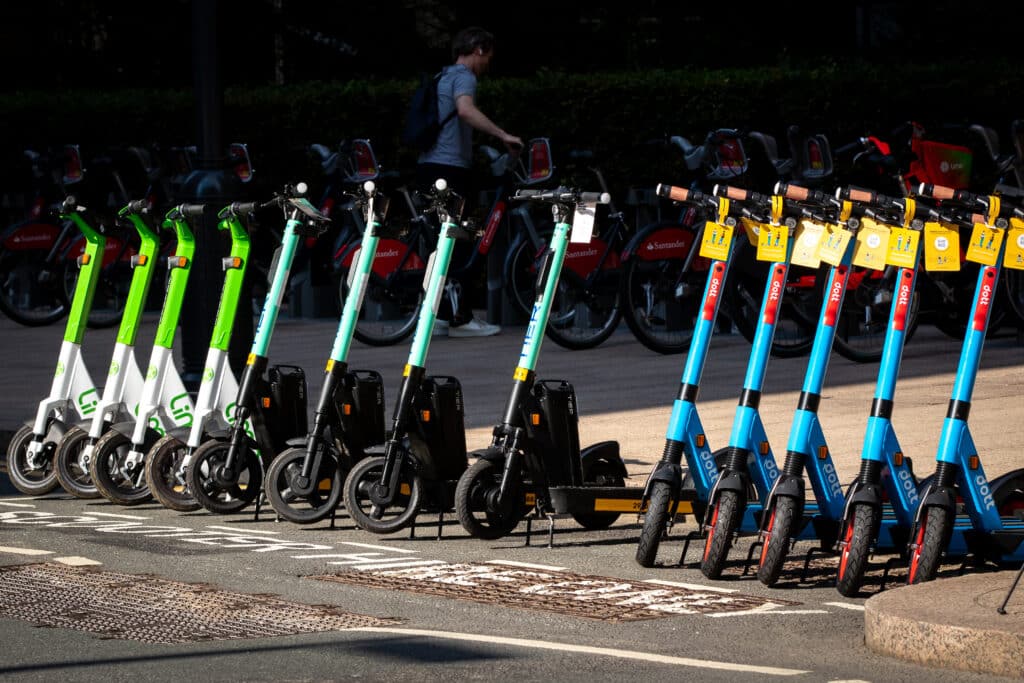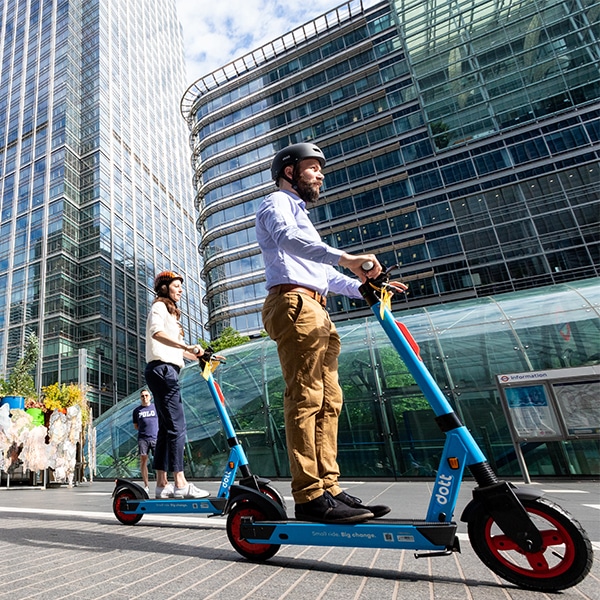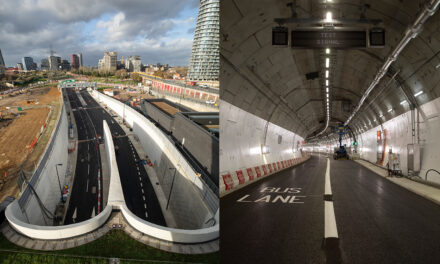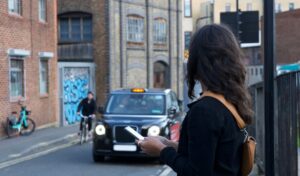Transport for London (TfL) and London Councils are extending the capital’s trial of rental e-scooters in response to recently updated Department for Transport (DfT) guidance that allows local authority trials to continue until 31 May 2024.
This extension follows the recent government announcement of its plans to create a new vehicle category in legislation, in which e-scooters would be included. Continuing the trial of rental services will ensure that London can continue to learn about e-scooters and the role that they can play in London’s transport offer.
The trial has thrived since its launch in June last year, with ten boroughs participating, more than 500 designated parking locations available, almost two million journeys made and 4,425 e-scooter vehicles now available for hire.
A competitive procurement for operators to run the next phase of London’s rental e-scooter trial has launched today and operators will be chosen on their ability to meet strict safety requirements and high operating standards. The high safety requirements and high operating standards seen in the current trial will be further enhanced for the next phase, accounting for what has been learnt from the trial to date, feedback from customers and stakeholders, improvements in technology and what has been learnt from other cities and countries.
Advertisement
The contracts let under the new procurement may run for longer than the DfT national trial term (which ends on 31 May 2024) in anticipation of new legislation being passed. To ensure there is a continuation of service in London, the current trial contracts operated by Dott, Lime and TIER, which expire this year, will be extended temporarily until the procurement is complete.
Throughout the continuing trial, operators will continue to be required to provide critical data for TfL and the participating boroughs to understand the impact of e-scooters on London’s transport goals, including the Vision Zero aim to eliminate death and serious injuries from London’s roads.
Safety remains at the core of the trial and data shared by the operators will play a vital role in helping to shape London and the UK’s future policy on e-scooters. Privately owned e-scooters remain illegal for use on public land, including public roads. Private e-scooters are currently unregulated, meaning they are not currently required to meet any minimum vehicle standards. Vehicles used in the trial will continue to exceed the DfT’s regulatory requirements and will continue to be considerably more robust than the most common private e-scooters. Learnings from the trial are informing Government legislation around any legalisation of privately-owned e-scooter vehicles.

Will Norman, London’s Walking & Cycling Commissioner, said: “I’m pleased that TfL and London Councils have been able to extend the country’s largest rental e-scooter trial. The Mayor and I are determined to continue building a cleaner, greener and more prosperous London for everyone, and e-scooters can play a useful role in our city’s transport network by offering alternatives to car use. Through the trial, we are also helping to inform future Government legislation on these vehicles to ensure they are safe for all riders and other road users.
“The e-scooter trial has proven to be popular, with more than two million trips already taken, and this next phase of the trial will build upon this, replicating the high safety requirements and high operating standards, and continuing to learn through testing newer technology to ensure that these vehicles work for everybody. With the right regulations that prioritise safety, rental e-scooters can help ensure a green, sustainable future for London”.
Helen Sharp, TfL’s e-scooter trial lead, said: “E-scooters could play an important role in ensuring a green and sustainable future for London, which is why we’re really pleased to be able to extend the e-scooter trial. We’re working closely with London Councils on our plans for the next phase of the trial, which will help us build on its successes so far. We hope Londoners can continue to benefit from the trial and we will continue to use its data to learn more about the role e-scooters could play in helping people move around London sustainably.”
Mayor Phil Glanville, London Councils’ Climate Change, Transport and Environment Lead, said: “I am pleased that London’s rental e-scooter trial is being extended to allow more people across our capital to take advantage of this sustainable mode of transport. Thanks to the boroughs taking part in the trial, London continues to be at the forefront of innovation when it comes to micro-mobility, transport and the journey to net zero.”
“We look forward to working with TfL and stakeholders to make the next phase of the trial a success and we are confident that rental e-scooters will continue to provide an alternative to car-based travel in the capital. Safety remains our top priority and we will continue to look closely at data and insights to see how e-scooters can play a part in a more sustainable future for London.”

















Leave a Reply